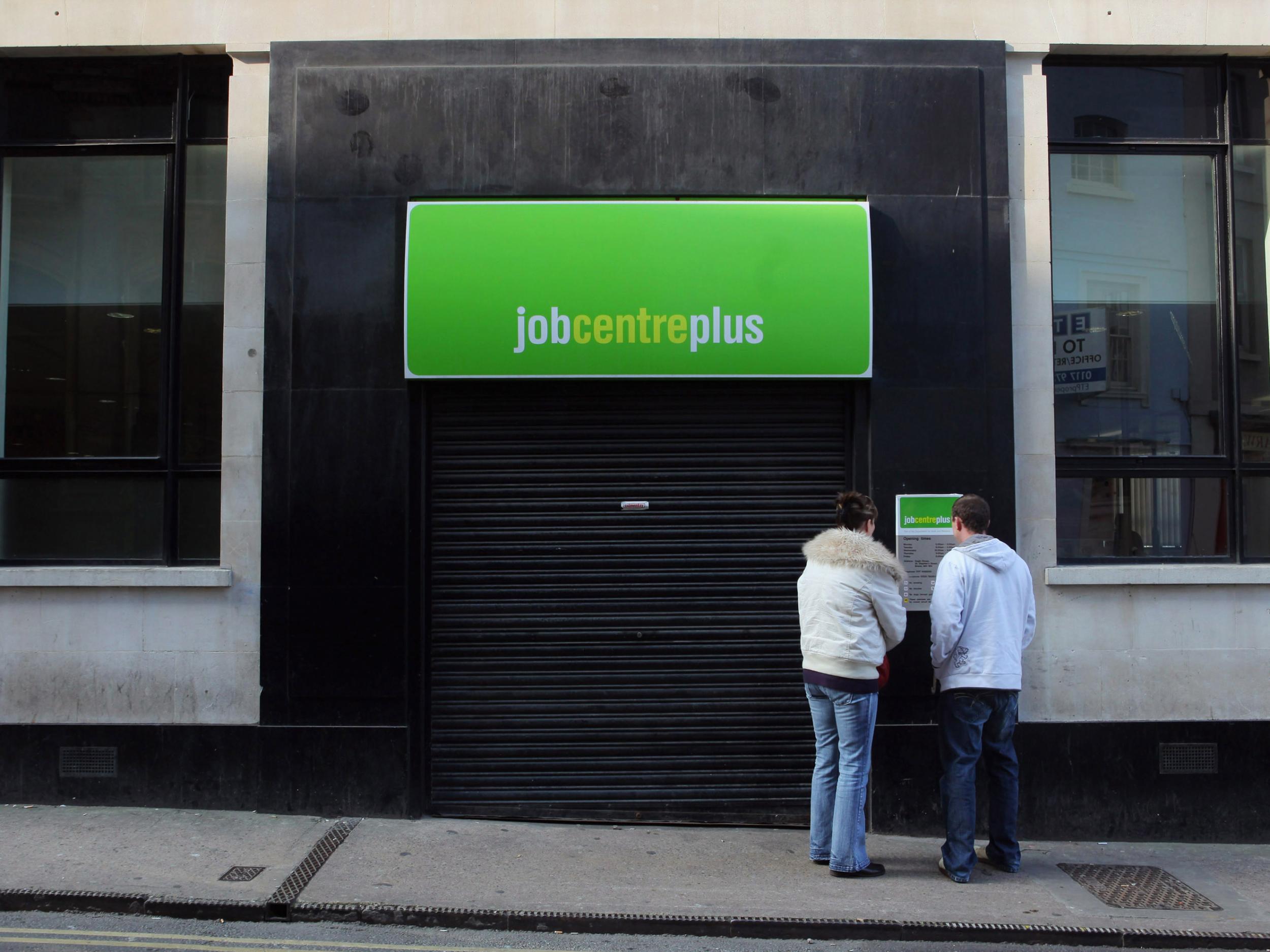How bad will a no-deal Brexit really be for jobs?
Politics Explained: The business secretary says ‘many thousands’ will be left unemployed if Britain crashes out of the EU

Greg Clark, the business secretary, reiterated warnings that a no-deal Brexit would trigger many thousands of job losses.
“Everyone knows that”, he told Sky News. “I think that every person who considers the evidence that companies have given, whether it’s in the automotive sector, whether it’s in the food sector, whether it’s in aerospace, whether it’s in industries up and down the country.”
But is he right and what might happen to jobs if the UK crashes out of the EU without a deal?
The economy will certainly take a hit which almost all analysts predict will ultimately result in firms shedding staff. First of all, the pound is likely to drop significantly against other major currencies, as happened in the aftermath of the 2016 referendum.
This will rapidly increase the cost of imported raw materials and components at the same time as businesses have to deal with disruptions to their supply chain as the free movement of goods and services ends abruptly.
Additional tariffs will further add to the cost of doing business as will non-tariff barriers such as customs checks, additional paperwork and quotas.
Some businesses, such as those which rely heavily on sourcing parts from across the continent, will become unprofitable and inevitably have to lay off staff or even shut down completely.
We have a number of forecasts of what this might mean for employment.
In December, academics at the University of Sussex predicted that a no-deal scenario will cost 750,000 UK jobs, including 150,000 in London and over 80,000 in the northwest of England.
Analysis by Cambridge Econometrics commissioned by the mayor of London forecasts 87,000 jobs lost in the capital by 2030 out of a nationwide total of half a million.
Across the EU, around 1.2 million jobs would be lost, according to a recent paper from the University of Leuven. It concluded that Ireland, Belgium and the Netherlands would be the worst affected by a no-deal Brexit, with Dublin losing 50,330 jobs or 2.6 per cent of its entire workforce.
This week the Northern Irish government sounded the alarm with a warning that the country would lose 40,000 jobs after a no-deal Brexit, primarily as a result of disruptions to trade with the Republic.
While there is considerable variation in the predictions, all certainly support the business secretary’s assertion.
The Bank of England’s Gertjan Vlieghe pointed to a further problem on Friday: that British workers, highly indebted and with low levels of savings, are ill-equipped to deal with the sudden slump in the labour market that Brexit may bring.
“I remain concerned about the vulnerability of households to a downside surprise in income or employment, given the very low savings rate,” said Mr Vlieghe, who sits on the BoE’s interest rate-setting committee.
Join our commenting forum
Join thought-provoking conversations, follow other Independent readers and see their replies
Comments